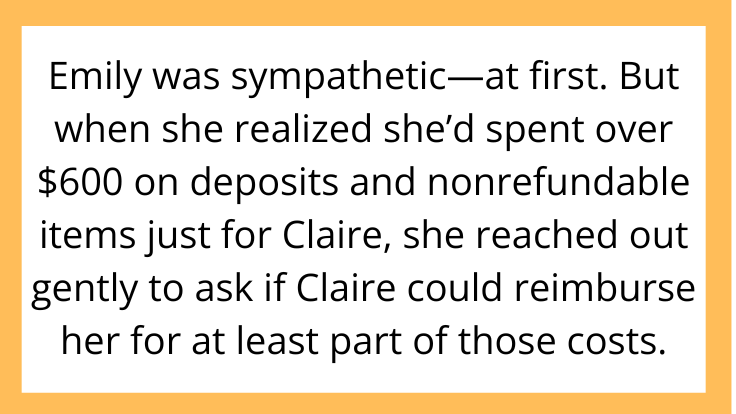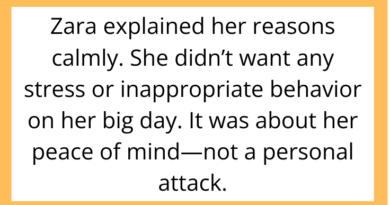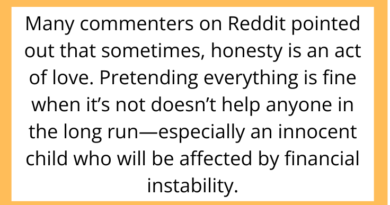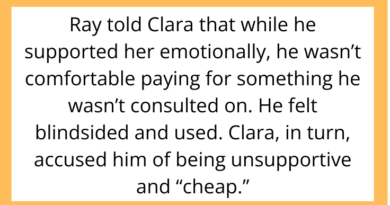AITAH for Asking My Best Friend to Pay Me Back After She Canceled Her Bridesmaid Role?
Weddings can bring out the best—and the worst—in friendships. Today’s AITAH scenario comes straight from Reddit, where a bride-to-be wrestled with a question that sparked heated debate: Is it wrong to ask for reimbursement when a friend backs out of being a bridesmaid after you’ve already spent money on her behalf?
Let’s look at the details and decide who, if anyone, is actually the villain.
The Backstory: Bridesmaid Today, Gone Tomorrow

The original poster (we’ll call her Emily), 28, was thrilled when her longtime best friend, Claire, accepted her invitation to be a bridesmaid. For months, they texted daily about dresses, makeup trials, and bachelorette plans. Emily paid a deposit for a custom bridesmaid dress and covered part of the hotel stay to make it easier for Claire, who was going through a financially rough time.
A month before the wedding, Claire called with bad news: she couldn’t be in the wedding party anymore. Her reasons were a mix of mental health struggles and feeling overwhelmed by obligations. She still wanted to attend as a guest but needed to step back from all bridesmaid duties.
Emily was sympathetic—at first. But when she realized she’d spent over $600 on deposits and nonrefundable items just for Claire, she reached out gently to ask if Claire could reimburse her for at least part of those costs.
That’s when the fallout began.
The Reaction: Hurt Feelings and Accusations

Claire was shocked. She told Emily she was disappointed and hurt, saying it felt like Emily cared more about money than her well-being. She said she thought Emily would understand and that asking for reimbursement was “cold and transactional.”
Emily tried to explain that she loved Claire but was also on a tight wedding budget. She emphasized she wasn’t demanding repayment but hoped for some contribution to offset what she’d already spent. Claire stopped responding to messages, and mutual friends started weighing in—some siding with Emily, others saying she was being heartless.
Unsure what to think, Emily posted to Reddit: AITAH for asking my friend to pay me back after she backed out of my wedding?
The Internet Weighs In: Is Emily the Villain?
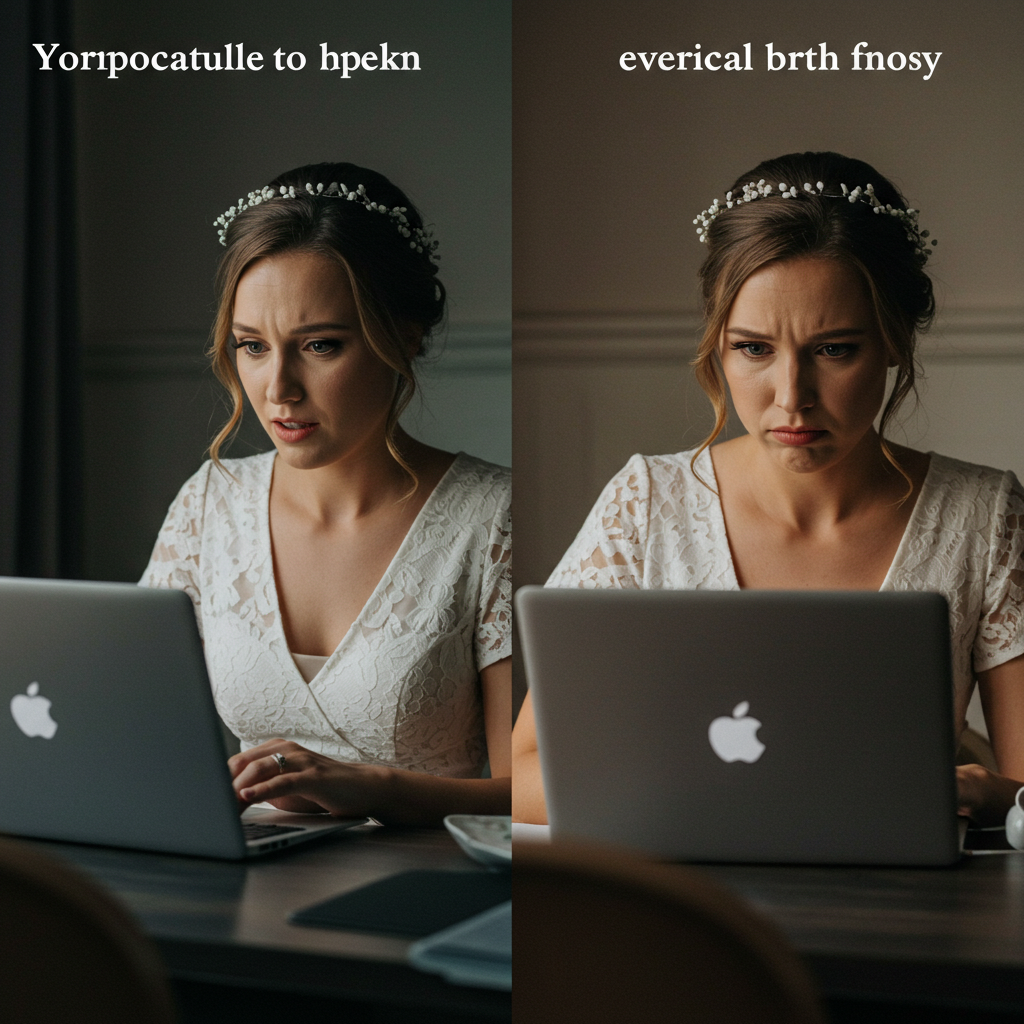
The r/AITAH community had a lot to say—and opinions were split.
Those Who Supported Emily
Many commenters argued that Emily’s request was fair and reasonable:
-
Money Matters: Weddings are expensive, and Emily had already paid for things that couldn’t be refunded or reused.
-
Accountability: Even if Claire’s reasons were valid, it didn’t change the fact that her decision had financial consequences.
-
Polite Request: Emily didn’t demand the full amount—she simply asked if Claire could help.
As one user put it:
“Being supportive doesn’t mean you have to absorb hundreds of dollars in losses. It’s not mean to ask.”
Those Who Sided with Claire
Other commenters felt Emily was out of line:
-
Mental Health Priorities: If Claire was struggling emotionally, money should have been the last thing on Emily’s mind.
-
Friendship Over Finances: In close friendships, they argued, compassion should trump the bottom line.
-
Expectation Management: Some pointed out that wedding expenses are always a risk—people get sick, plans change, and sometimes you just have to eat the cost.
One popular comment read:
“If you love your friend, you let this go. She’s clearly in a bad place.”
The Bigger Issue: When Money and Friendship Collide
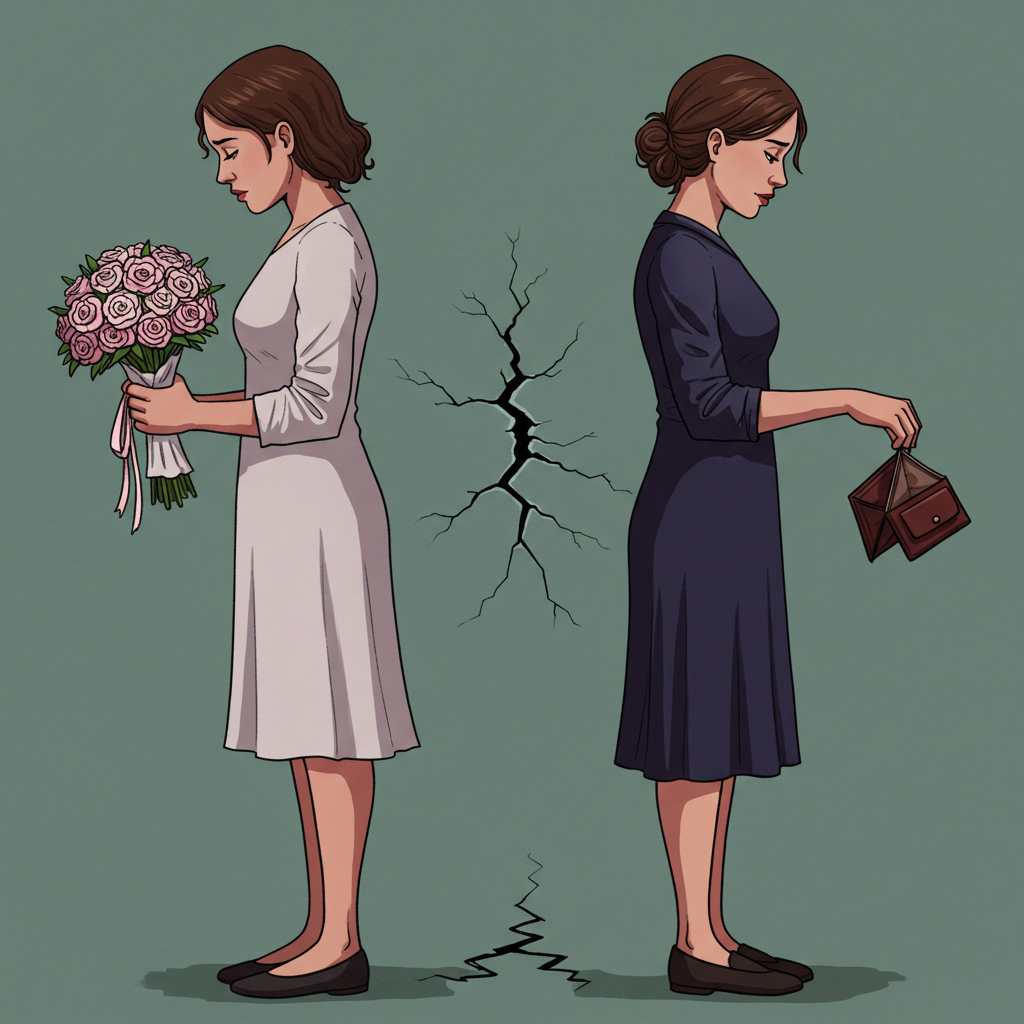
This scenario touches on a universal truth: Money complicates relationships. Whether it’s lending cash, splitting expenses, or covering deposits, transactions can transform emotional bonds into something tense and transactional.
Emily believed she was handling things kindly and fairly. Claire felt blindsided and hurt. Neither intended to damage their friendship, but both were coming from places of stress and vulnerability.
Could This Have Been Avoided?
Possibly—but only if expectations were clearly communicated upfront. Some couples choose to have bridesmaids cover their own costs from the start. Others offer to help but clarify that nonrefundable items can’t be reimbursed if someone backs out.
In this case, the lack of a clear plan left both women feeling betrayed in different ways.
What Can We Learn?
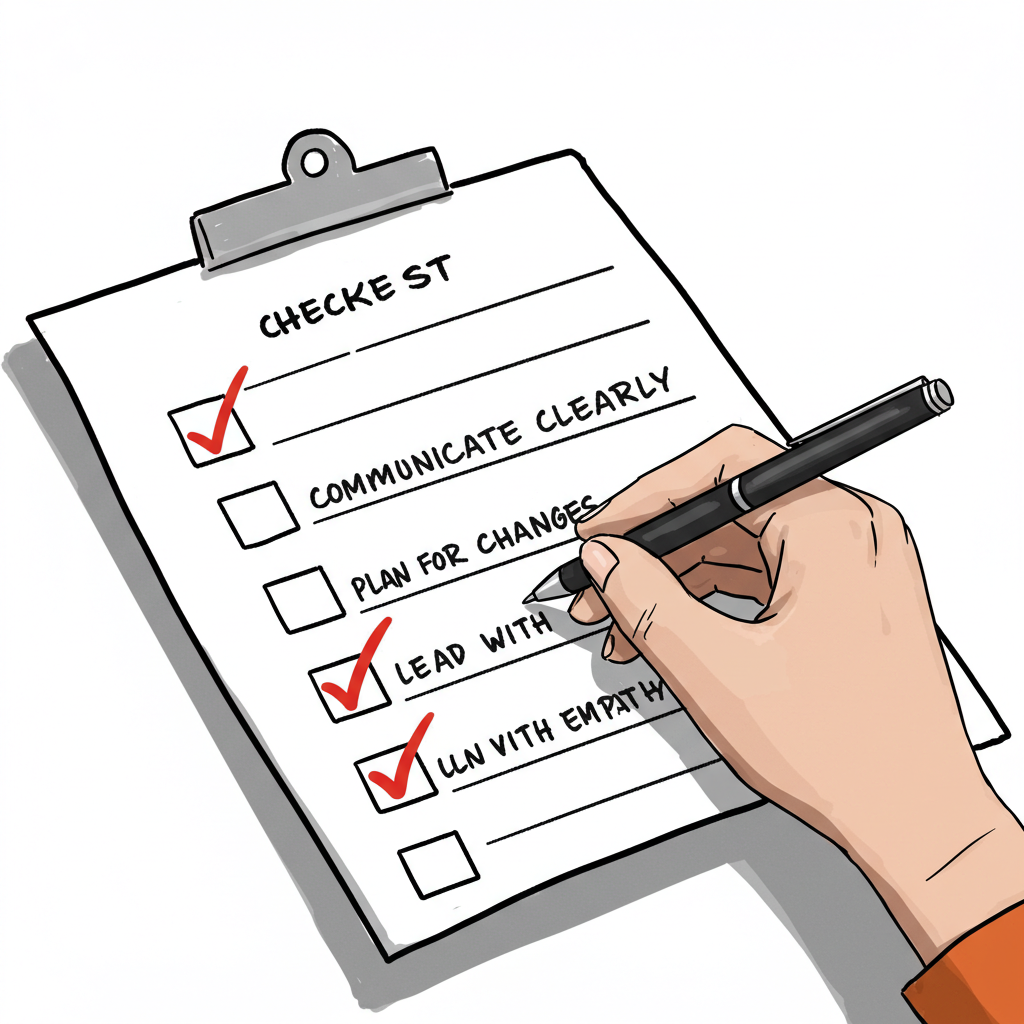
If you’re planning a wedding, consider these tips to avoid similar conflicts:
-
Put It in Writing: Even informal agreements over text can help clarify expectations.
-
Discuss What Happens if Plans Change: Nobody likes to think about someone dropping out, but life happens.
-
Separate Emotion from Logistics: It’s okay to love someone and still acknowledge financial consequences.
-
Lead with Empathy: Before any conversation about money, check in about emotional wellbeing.
The Verdict: Are You the Villain?

Based on Reddit’s responses and a balanced look at both sides, here’s the consensus:
-
Emily isn’t a villain for asking. She was polite and transparent, and her request was reasonable.
-
But she should be prepared for hurt feelings. Even a fair request can land poorly if someone is already overwhelmed.
-
Claire isn’t a villain for prioritizing her mental health. Life happens, and sometimes you need to step back.
Ultimately, this is a gray area—a classic example of how conflicting needs and expectations can create rifts between even the closest friends.
